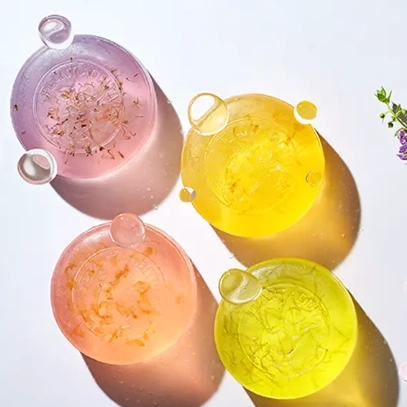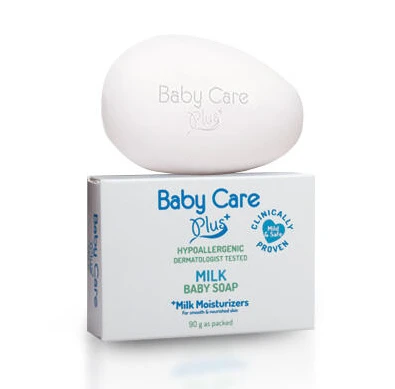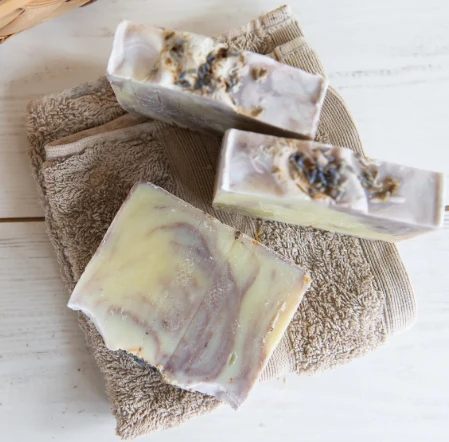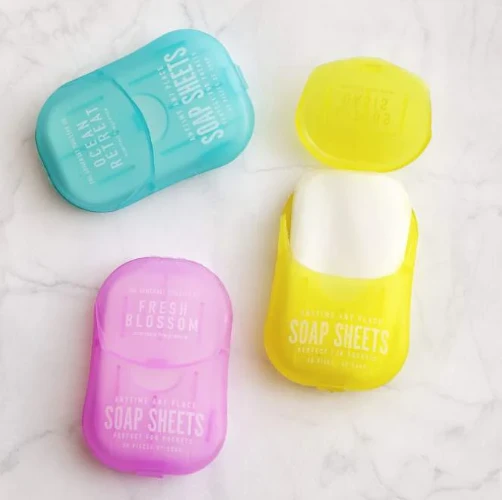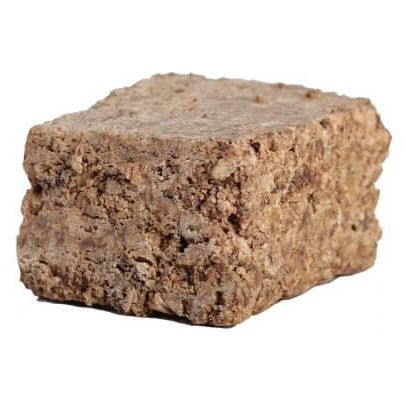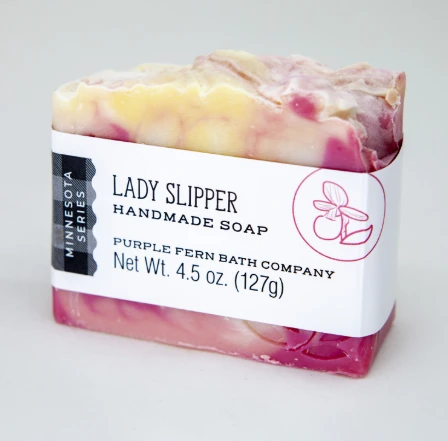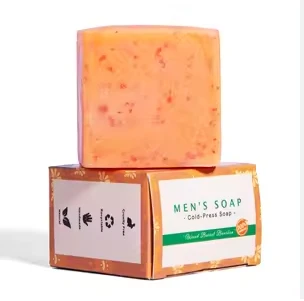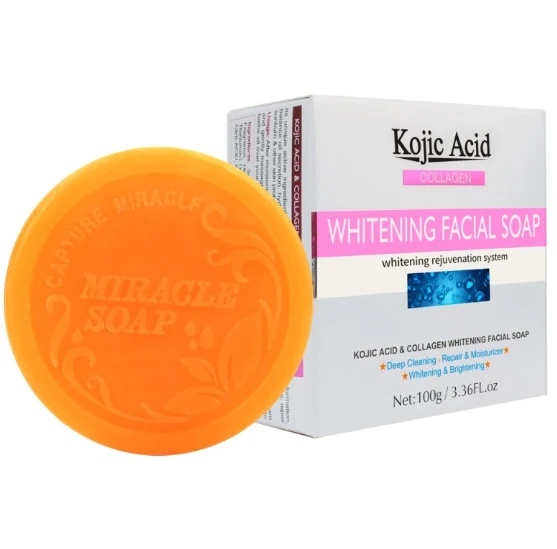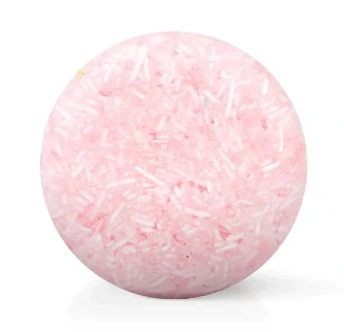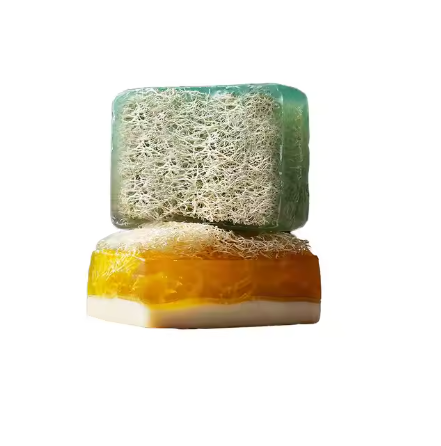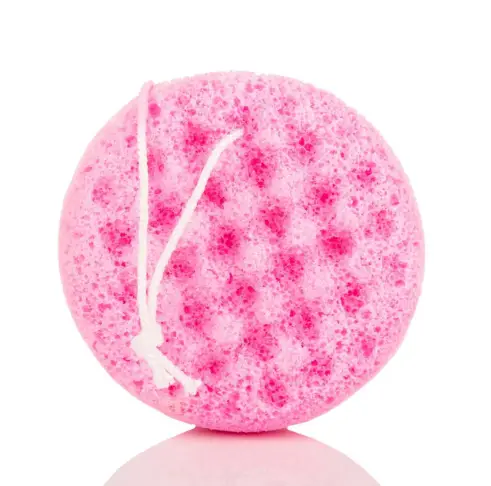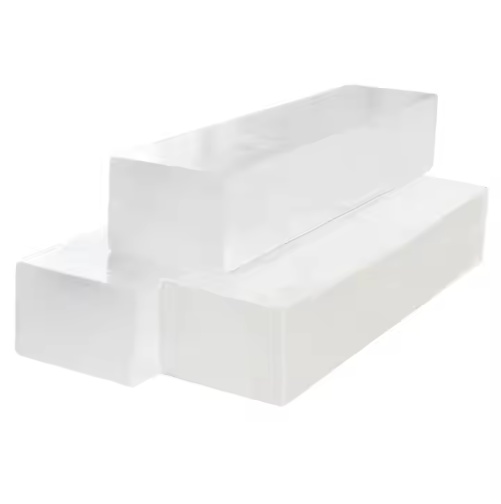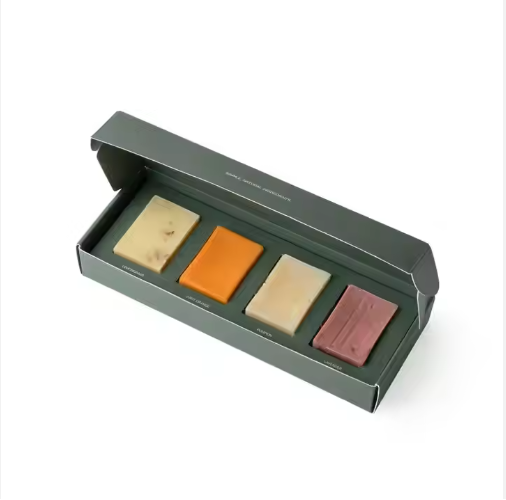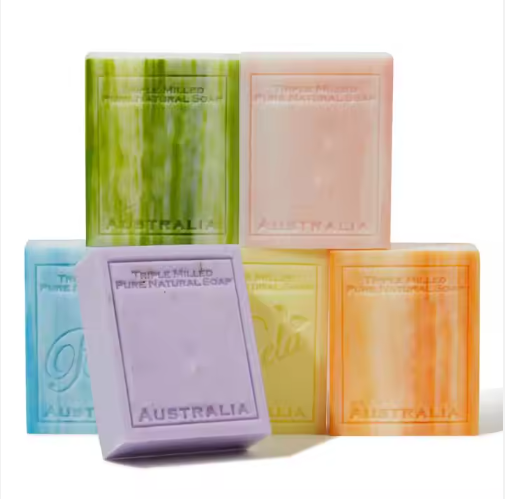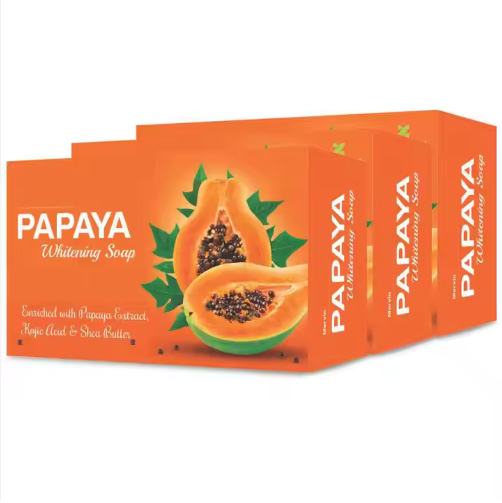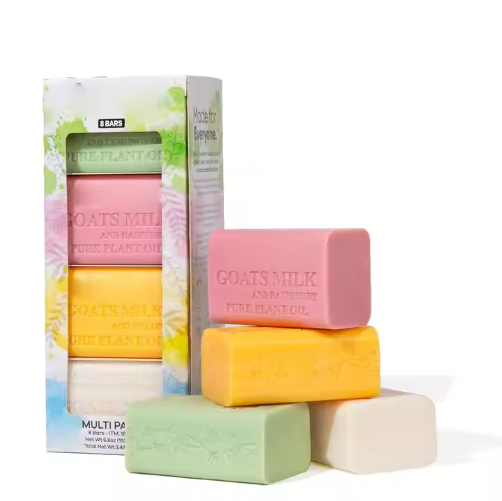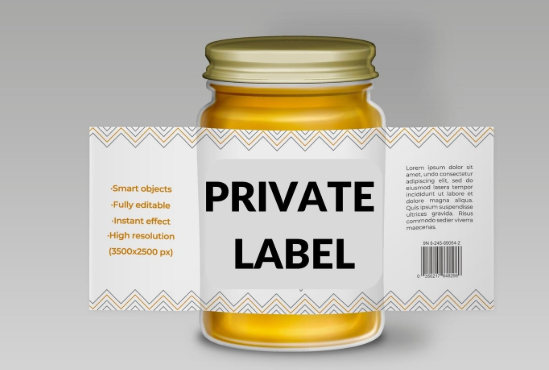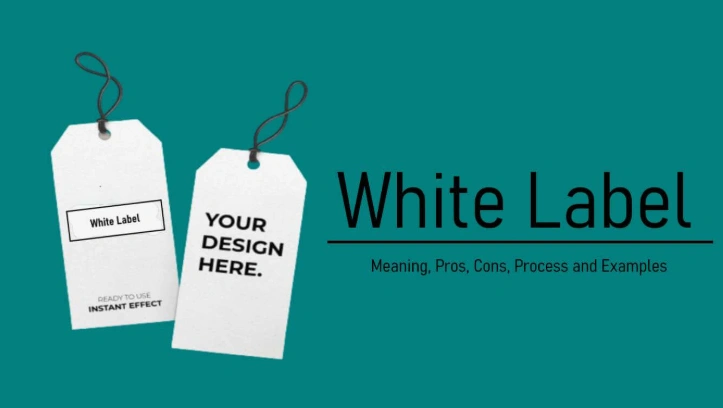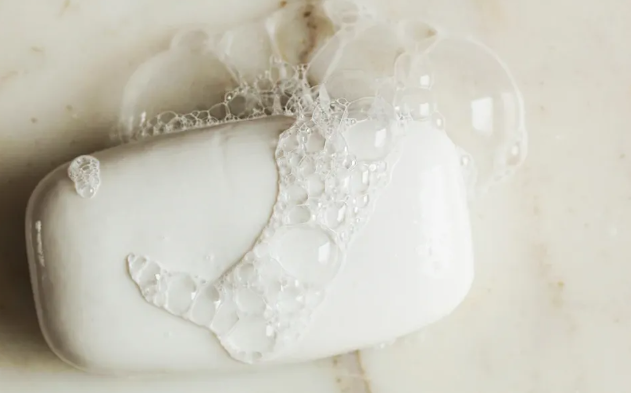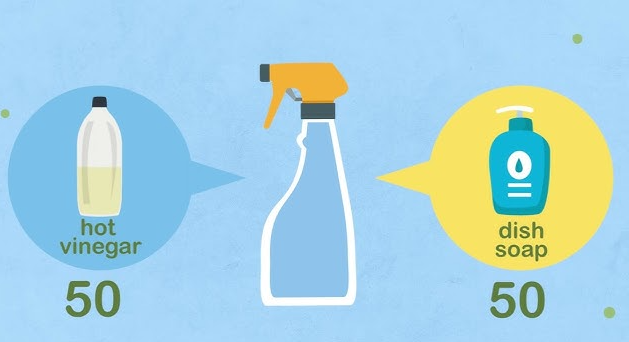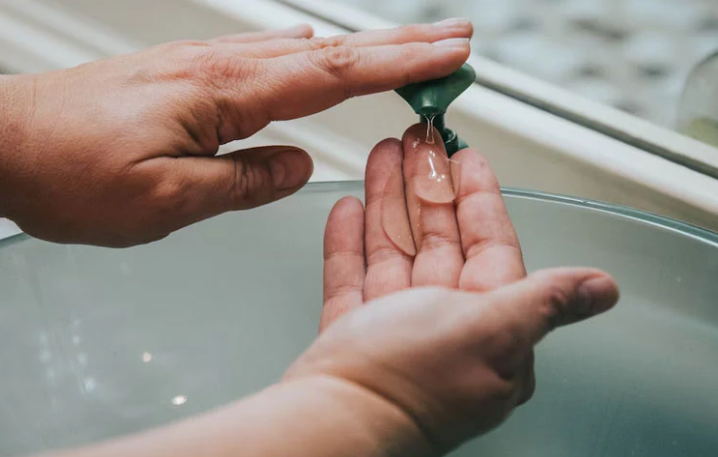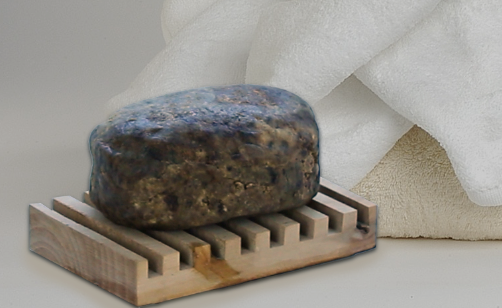What makes soap antibacterial?
What is Antibacterial soap?
Antibacterial soap are cleansing products that contain chemical agents specifically designed to kill or inhibit the growth of bacteria. These soaps often include active ingredients such as triclosan or triclocarban, which are responsible for their antibacterial properties. Unlike regular soaps, which primarily work by physically removing dirt and microorganisms from the skin, antibacterial soaps are intended to reduce or eliminate bacteria more effectively.
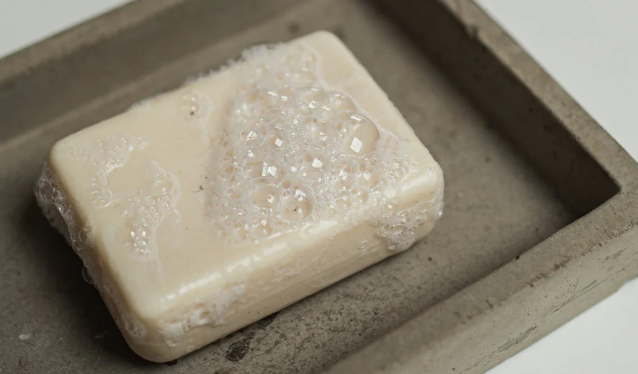
However, the use of antibacterial soaps has been a topic of debate. Some studies suggest that they are not necessarily more effective than regular soap and water in preventing illness. Additionally, overuse of antibacterial products can contribute to antibiotic resistance, which is a growing public health concern.
In 2016, the U.S. Food and Drug Administration (FDA) banned the use of certain antibacterial agents, including triclosan, in over-the-counter consumer antibacterial soaps due to concerns about their safety and effectiveness.
Ingredients
Triclosan and triclocarban are the most common compounds used as antibacterials in soaps. However, other common antibacterial ingredients in soaps include benzalkonium chloride, benzethonium chloride, and chloroxylenol.
Why do we have antibacterial soaps?
There are certain times and settings where antibacterial soaps have their place. For example, surgeons preparing for a sterile procedure should probably use antibacterial soaps. Similarly, so should researchers who need to maintain sterile environments as part of their research. However, regular people who just need to shower or wash up for dinner don’t have a need for complete sterility. All they really need is a medium to remove soilage from their hands and body.
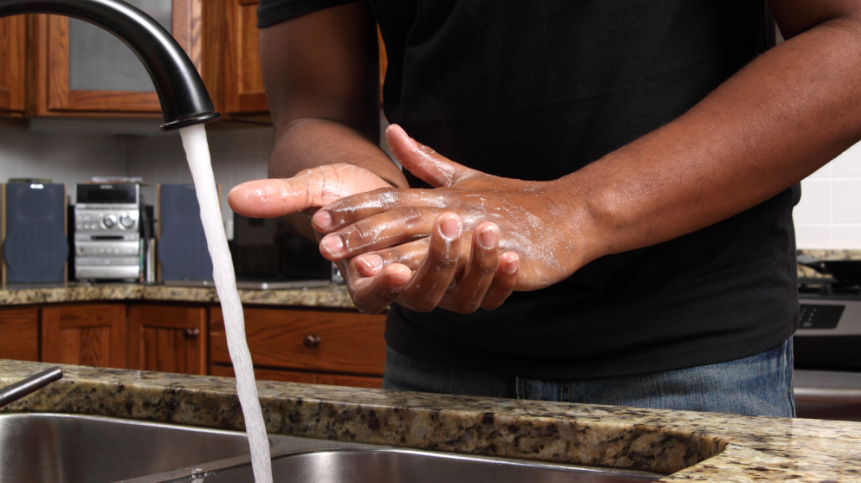
What Makes Soap ‘Antibacterial’
Antibacterial soaps (sometimes called antimicrobial or antiseptic soaps) contain certain chemicals not found in plain soaps. Those ingredients are added to many consumer products with the intent of reducing or preventing bacterial infection.
“There’s no data demonstrating that these drugs provide additional protection from diseases and infections. Using these products might give people a false sense of security,” Michele says. “If you use these products because you think they protect you more than soap and water, that’s not correct. If you use them because of how they feel, there are many other products that have similar formulations but won’t expose your family to unnecessary chemicals.”
How do you tell if a product is antibacterial? For nonprescription drugs, antibacterial products generally have the word “antibacterial” on the label. Also, a Drug Facts label on a soap or body wash is a sign a product contains antibacterial ingredients.
Where to buy Antibacterial soap private label for your store
If looking for a private label antibacterial soap supplier, you can consider Poleview Biotechnology Co., LTD., a custom soap manufacturer from China, we accept wholesale and OEM orders and provide free design and sample services.


